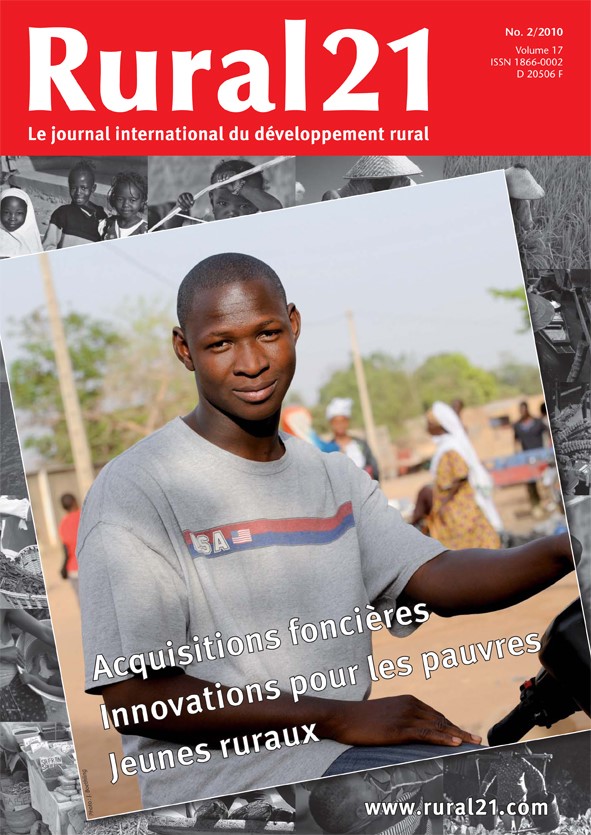Arguing Traditions. Denying Kenya’s Women Access to Land Rights
Includes official land rights in Kenya; refusing inheritance – widows and daughters in the patrilineage, dispute trajectories; institutionalizing women’s exclusion – local control boards, local dispute tribunals, formal courts; shifting the debate; working with constructive values in this context. The problem needs to be tackled using the avenues that currently promote the marginalization of women; the socio-cultural value systems that determine which behaviour, arguments, and actions are legitimate in a community.







